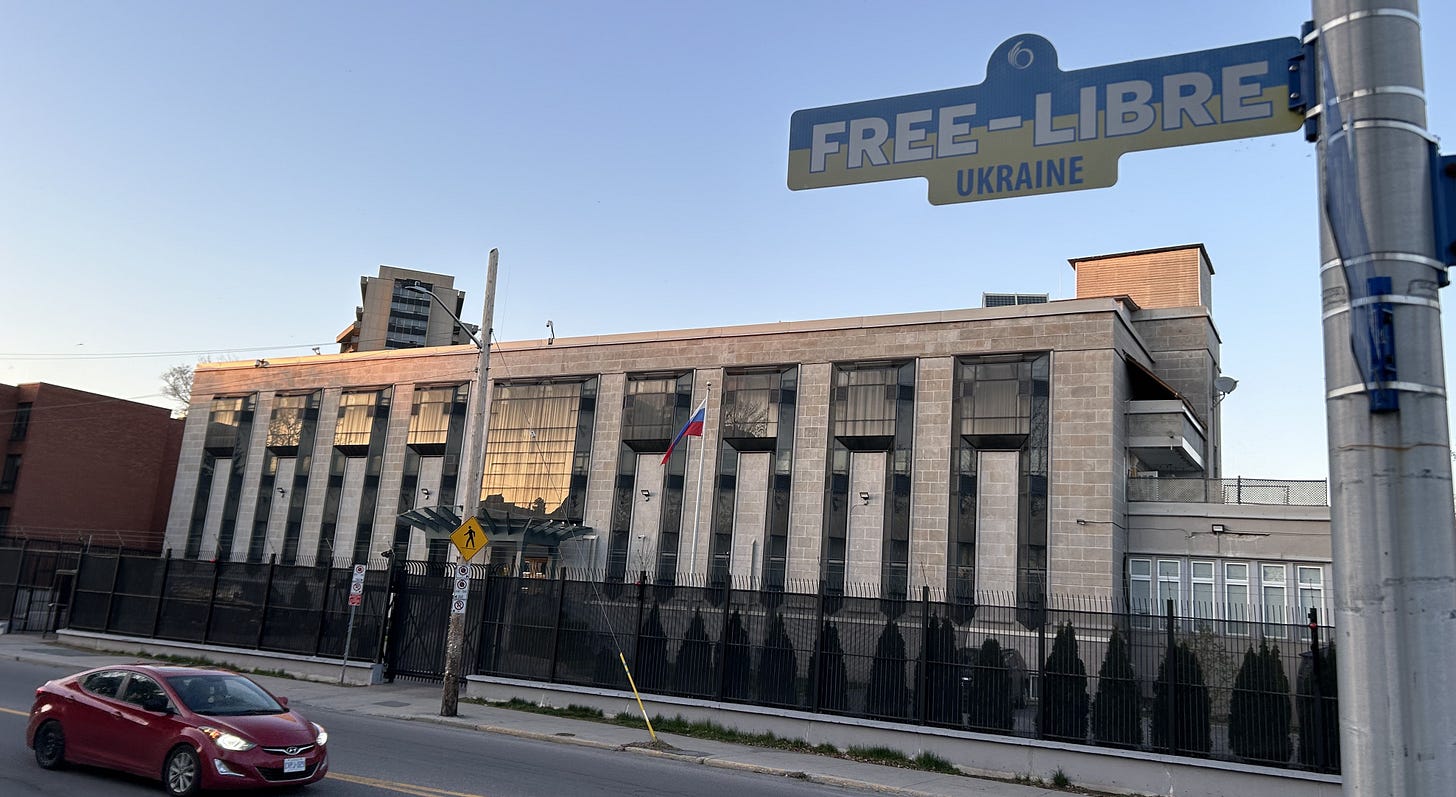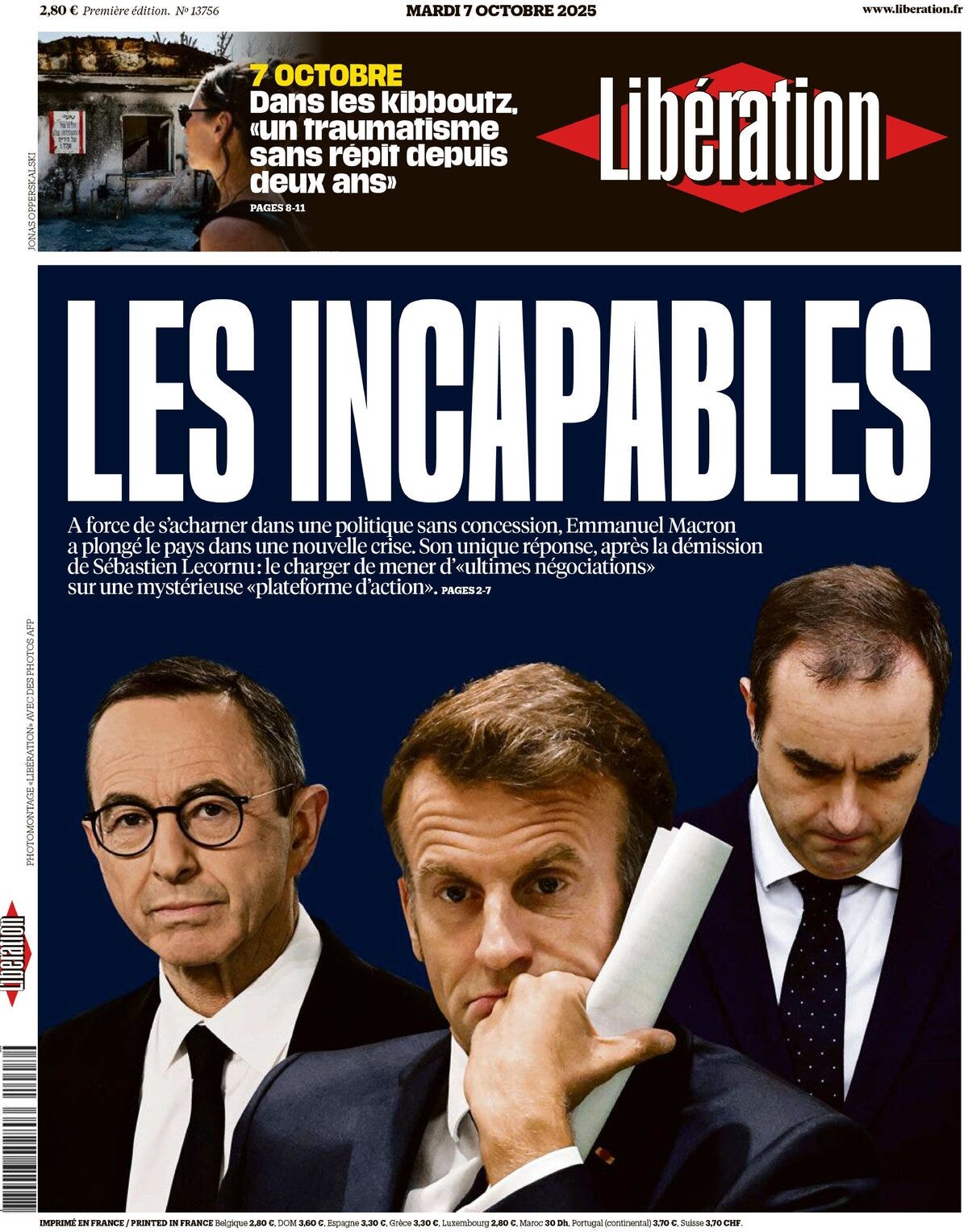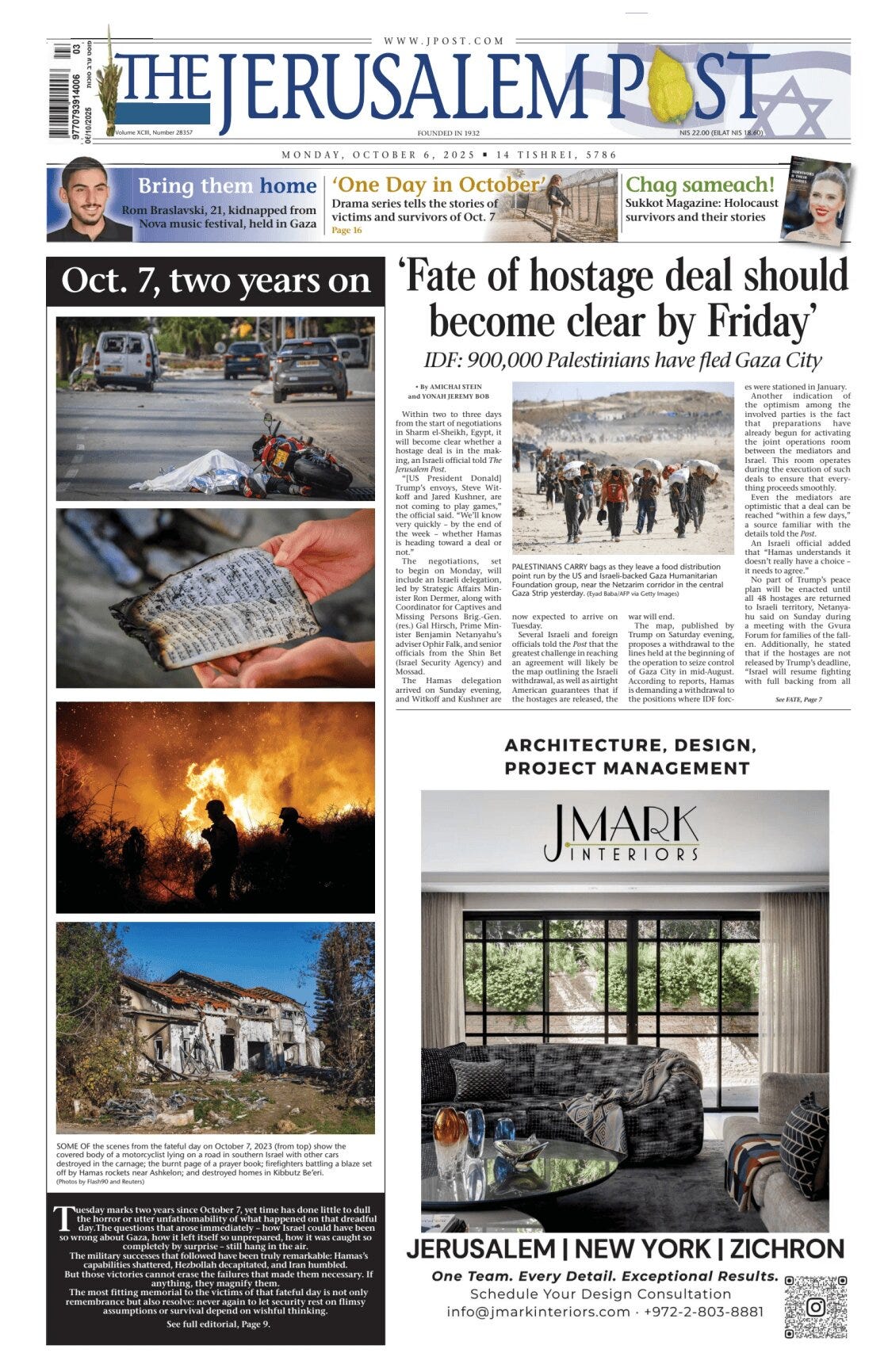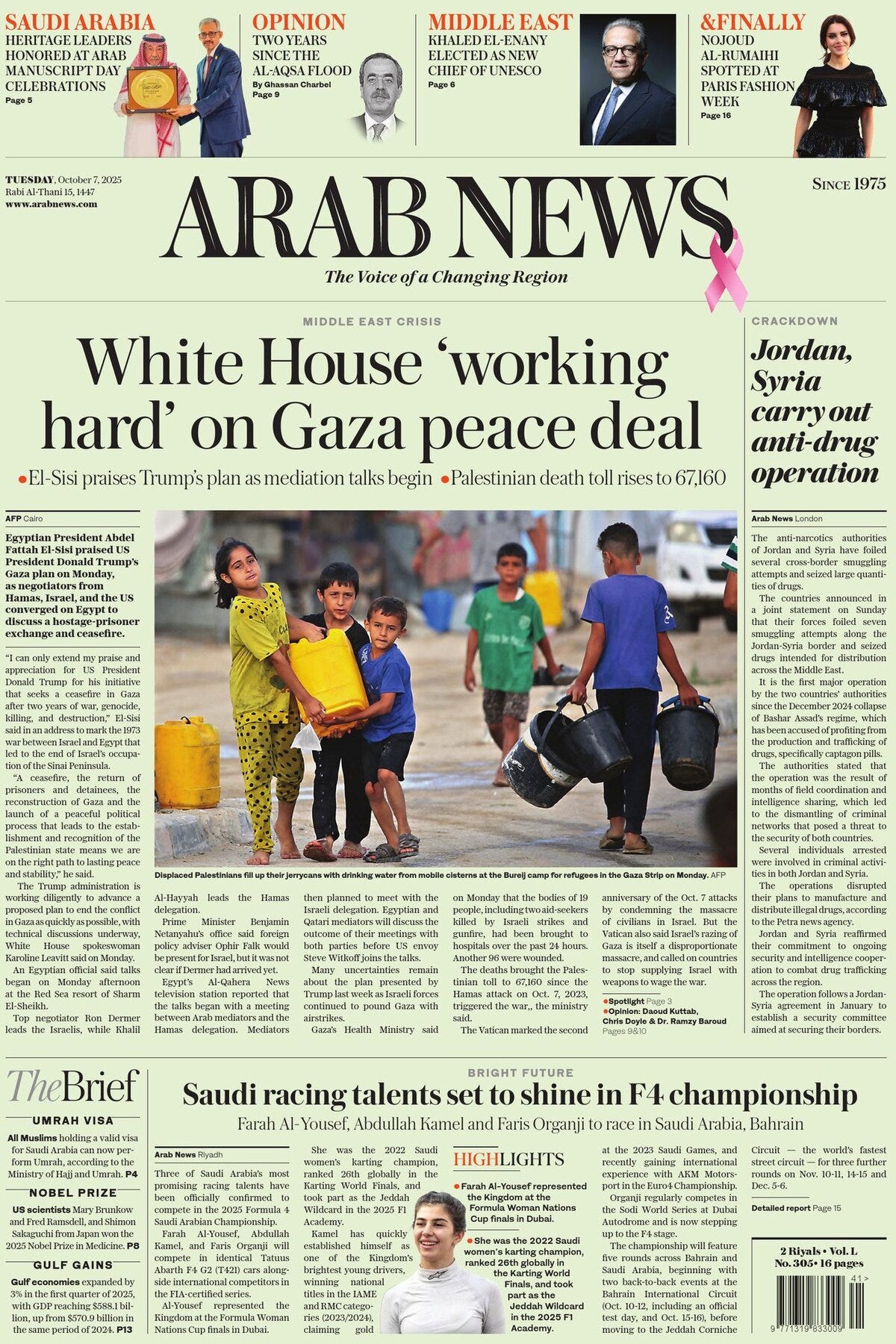Europe Moves to Tightens Screws on Russian Diplomats — Canada Hits Snooze
Brussels considers travel restrictions on Russian envoys as part of its 19th sanctions package, underscoring a widening gap with Ottawa’s risk-averse approach to Moscow.
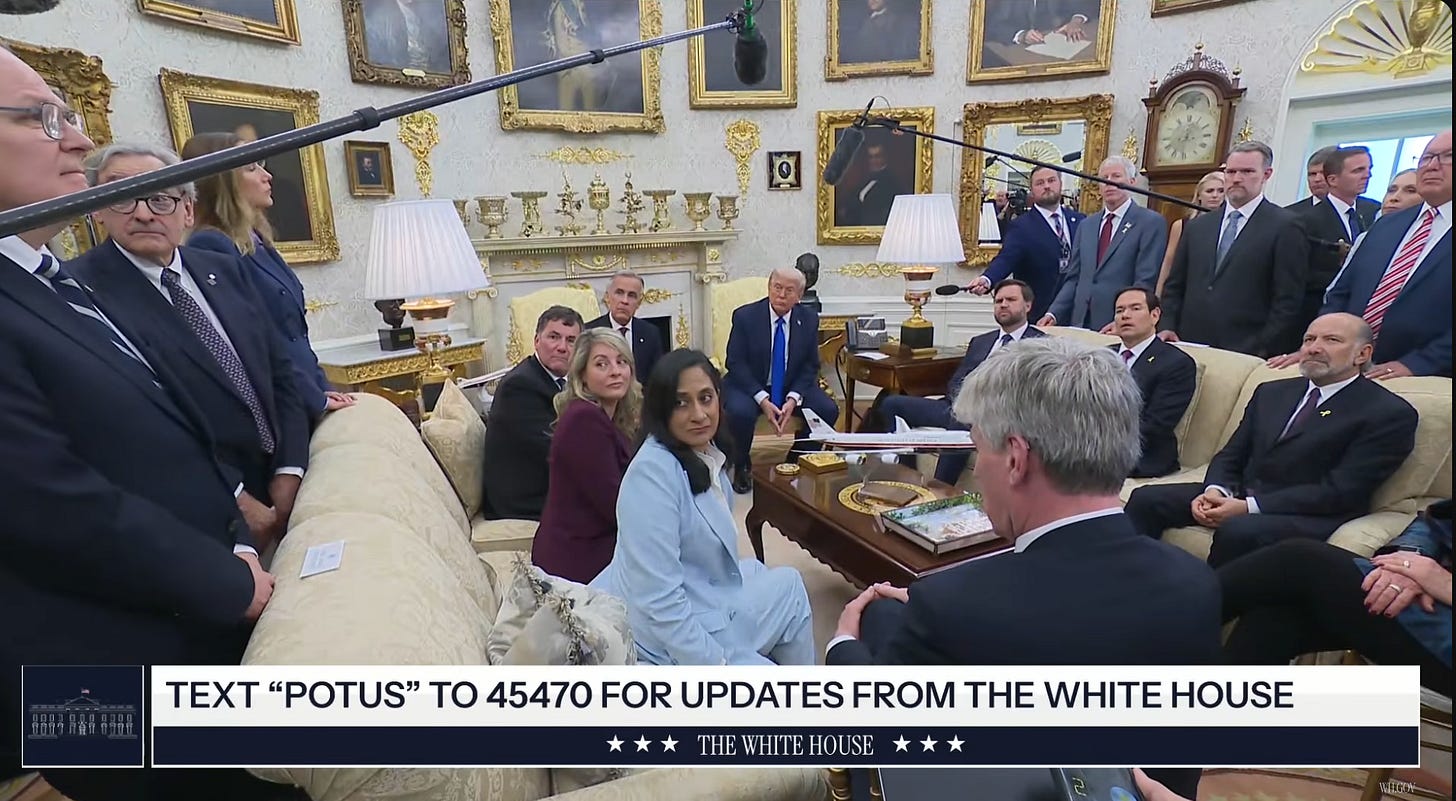
The European Union is moving toward a fresh sanctions milestone that could hit the Kremlin where it still enjoys a surprising degree of freedom: the diplomatic circuit. A proposal circulating in Brussels would require Russian diplomats — including technical and administrative staff and their family members — to give prior notice before traveling outside their host nation. If passed as part of the EU’s 19th sanctions package, it would amount to a significant curbing of the Kremlin’s ability to move intelligence operatives and influence peddlers around the bloc under diplomatic cover.
It’s a clever and overdue idea. Limiting movement means limiting espionage, propaganda coordination, and back-channel financing — all of which Russian diplomatic missions have been repeatedly accused of facilitating since the full-scale invasion of Ukraine in February 2022. Every kilometer of restricted travel makes the EU that much harder to penetrate.
Meanwhile, in Ottawa, the mood couldn’t be more different. Canada has yet to expel a single Russian diplomat since the tanks rolled into Ukraine, even as allies in Europe and the United States have expelled hundreds. The last time Canada took such a step was back in 2018, in solidarity with the UK after the Salisbury nerve agent attack.
Today, I was reminded by an Ottawa insider that the Russians do not hire local staff (like most other foreign posts) so all menial work is done by imported “technical” staff from the homeland. It was also pointed out that Russia has a consulate in Toronto while Canada has no presence outside Moscow.
A February 2023 House of Commons committee urged the government to remove diplomats involved in activities “not consistent with their roles.” Yet, the Trudeau government — apparently guided by a fear of Russian reciprocity — insists that maintaining an embassy in Moscow is essential for “on-the-ground monitoring” and keeping communication channels open.
That kind of shallow thinking appears to have been adopted by the government of Prime Minister Mark Carney. But who are we to question Ottawa’s policies? Perhaps the mandarins in the Langevin Block (the PMO) and on Sussex Drive (Global Affairs Canada) have evidence that Moscow only dispatches boy scout type envoys to the Great White North?
Acting out of lockstep with allies to maintain reciprocity in staffing levels in Moscow may sound pragmatic, but it’s also a fig leaf. Other Western countries manage just fine with reduced or shuttered missions, relying on partners such as Switzerland for consular support. The real effect of Ottawa’s passivity is to allow Russian operatives to maintain a presence — and potentially a foothold — on Canadian soil.
As Europe moves to tighten the net around Russian influence, Canada risks being seen as the weak link in the Western security chain. It’s one thing to preach solidarity with Ukraine — it’s another to act like it.
Thousands of people gathered in southern Israel on Tuesday to mourn the dead as the nation marked two years since Hamas’ Oct. 7 attack plunged the region into a devastating war, while Israel and Hamas hold indirect talks in Egypt. The main memorial is being organized by the bereaved families, separate from a ceremony the government will hold on the anniversary next week, according to the Hebrew calendar. The split reflects deep divisions over Israeli Prime Minister Benjamin Netanyahu’s leadership, which many blame for the failure to secure a ceasefire that would free the remaining hostages held by the militants. In the Gaza Strip, where Israel’s retaliatory offensive has killed tens of thousands of people and razed entire towns and cities, those who can are fleeing another Israeli invasion of Gaza City, while others are sheltering in place. Many are unable to make the arduous and costly journey south. Meanwhile, peace talks between Israel and Hamas resumed at an Egyptian resort city on Tuesday. The second day of indirect negotiations at the Red Sea resort of Sharm el-Sheikh are focused on a plan proposed by U.S. President Donald Trump last week that aims to bring about an end to the war. After several hours of talks Monday, an Egyptian official with knowledge of the discussions said the parties agreed on most of the first-phase terms, which include the release of hostages and establishing a ceasefire. The official, who spoke on condition of anonymity to discuss the private meetings, said the talks resumed Tuesday afternoon. The plan has received widespread international backing, and Trump told reporters on Monday that he thought there was a “really good chance” of a lasting deal - AP
Hamas has detailed its main conditions in the ongoing ceasefire talks in Egypt, Al Jazeera reported. Fawzi Barhoum, the group’s spokesperson, said its delegation is seeking to “overcome all obstacles” to reach an agreement that meets “the aspirations of our people in Gaza”. Barhoum listed Hamas’s key demands as:
A permanent and comprehensive ceasefire
The complete withdrawal of Israeli forces from all of Gaza
Unrestricted entry of humanitarian and relief aid
The return of displaced people to their homes
The immediate start of a full reconstruction process, supervised by a Palestinian national body of technocrats
A fair prisoner exchange deal
Italian Prime Minister Giorgia Meloni says she and two ministers have been reported to the International Criminal Court (ICC) for alleged complicity in genocide in connection with Israel’s war on Gaza. Meloni made the statement during an interview with state television company RAI. It is the first public comment on the situation, which has not been confirmed by the international court. Meloni said Defence Minister Guido Crosetto and Foreign Minister Antonio Tajani have also been “denounced”, referring to when the court is officially alerted to a possible crime. Meloni did not provide further details about what the complaint alleged. The ICC has standing arrest warrants for Israeli’s Prime Minister Benjamin Netanyahu and former Defence Minister Yoav Gallant related to the war, as well as several since-deceased members of Hamas. Meloni’s statement comes during an outburst in protests over the war in Italy, led in part by influential labour unions - AJE
“There is hope…But if you ask me about some kind of further or greater solution, I think we are as far as we have been before this agreement. You will not get any further unless the American president will be decisive enough, which I have my doubts. He doesn’t seem to be enthusiastic about the two-state solution either – so without American pressure nothing will move” - Gideon Levy, a columnist for the Israeli newspaper Haaretz
Vyacheslav Leontyev, an early editor of the Soviet-era Pravda newspaper, has died after falling 22 meters from his Moscow apartment, Vox News reported. Pravda was once the official mouthpiece of the Communist Party and one of the most powerful newspapers in the Soviet Union. It is said that the 87-year-old Leontyev knew a lot about the staggering secret wealth of the Russian elite. Police are now investigating whether his fall was an accident, suicide or something else. He joins a long list of Russian elites who have died under mysterious circumstances, mostly by falling from great heights. Exiled journalist Andrey Malgin called it another “strange death”, writing: “The window falls continue… Leontyev, fell from a window….He was found near his home where he lived.” Malgin, who knew Leontyev, added: “He gave the impression of a sort of underground millionaire…He knew a lot about the ‘Party’s money’ — the Pravda publishing house was the most profitable enterprise in the business empire of the CPSU Central Committee.” Last month, former St Petersburg transport boss Alexander Fedotov’s body was found outside the five-star Skypoint Luxe hotel at Moscow’s Sheremetyevo international airport. According to a separate media report, he had been staying on a business trip in a room on a “high floor” in the hotel, according to reports.
A Sudanese militia leader was found guilty of committing war crimes and crimes against humanity in the Darfur region 20 years ago, in a conflict that became a prelude to the country’s present-day disaster. Ali Muhammad Ali Abd-Al-Rahman was a leader of the Janjaweed militia, which killed hundreds of thousands of members of Darfur’s non-Arab population in the early 2000s, sparking one of the world’s gravest and most enduring humanitarian crises. After the war, many Janjaweed fighters joined the Rapid Support Forces, one of the warring parties in Sudan’s current civil war. The RSF is once again besieging Darfur, putting millions of lives at risk, with the conflict sparking the first declaration of famine globally in years - Semafor
Donald Trump has no qualms waking up sleeping staff so he can speak to them during the night, according to a journalist who worked closely with White House staffers. Trump, 79, famously gets by on very little sleep, and is reportedly less than sympathetic to those who require normal levels of rest. Staffers on Airforce One during intercontinental flights are said to dread these trips because the president might want someone to talk to during the night. According to CNN’s chief White House correspondent Kaitlan Collins, one of her sources told her that Trump “does not sleep”, and will send for people he wants to talk to during the night. Speaking about what it was like travelling with him, Collins told Jason Tartick’s Trading Secrets podcast: “I had this source who said ‘you never want to be on Airforce One on a trip’. And I said why? You’d think you’d want to [have] access to power, close to Trump.” She explained: “He doesn’t sleep on these trips, and like, you’re going to Asia or something, and that’s kind of the only time you’re going to sleep before you go on this trip, but Trump is just always up and talking, and he’ll have them go wake staff up if they’re asleep because he wants to talk to them.” - The Independent


